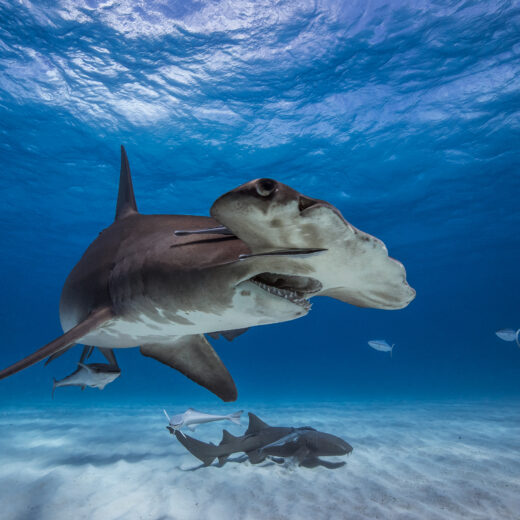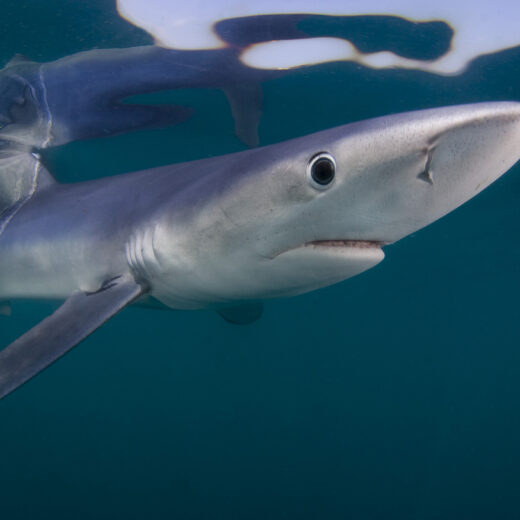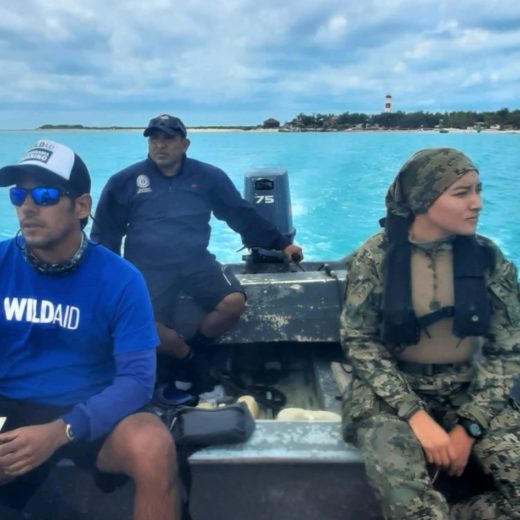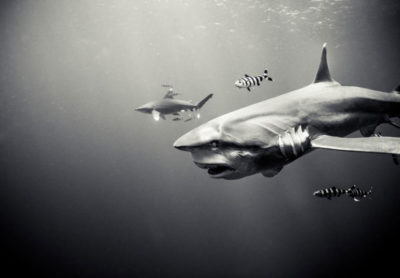
Shipments totaling eight tons of shark fin en route to mainland China and Hong Kong SAR were confiscated last week in India. The interception of these two shipments, worth more than $6.2 million (USD), led to an additional seizure of four tons of “dried ray skin” believed to be shark fin in Malaysia, making this one of the largest combined seizures of shark fins in recent history. The smugglers illicitly misdeclared all three shipments as dried ray skins, dried marine products and fish maw to avoid detection.
“While WildAid commends the Indian and Malaysian authorities for their diligence in intercepting such a massive amount of shark fins, a seizure of this magnitude certainly rings alarm bells,” said WildAid CEO Peter Knights. “With depleting shark populations, the global community needs to invest in strengthening enforcement at all stages of the illegal wildlife trade chain, including in Marine Protected Areas, at customs and border agencies and inside the courtroom, in addition to reducing overall consumer demand and consumption to address the enormous overfishing impact on shark populations.”
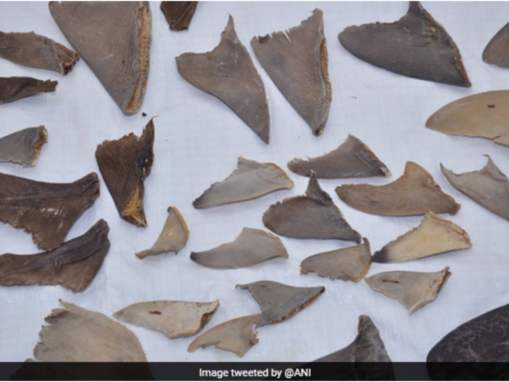

Indian authorities estimate between 15,000 and 16,000 sharks were killed for the eight-ton shipment. While the species of sharks have yet to be determined, export of all species of shark is prohibited under Indian law. Seven people involved, including the “kingpin,” have thus far been arrested.
With marine protection programs in Malaysia, the Galapagos Islands, coastal Ecuador, Palau, Indonesia and Gabon, WildAid seeks to end poaching of ocean wildlife. We assist our partners to develop and implement effective enforcement systems for sustainable fisheries and marine wildlife conservation. We also foster peer-to-peer learning, sharing and small project incubation through our new Nexus Blue portal.
Stay in touch and get the latest WildAid updates.
SIGN UPAbout WildAid
WildAid is a non-profit organization with a mission to protect wildlife from illegal trade and other imminent threats. While most wildlife conservation groups focus on protecting animals from poaching, WildAid primarily works to reduce global consumption of wildlife products such as elephant ivory, rhino horn and shark fin soup. With an unrivaled portfolio of celebrity ambassadors and a global network of media partners, WildAid leverages more than $308 million in annual pro-bono media support with a simple message: When the Buying Stops, the Killing Can Too.
Journalists on deadline may email communications@wildaid.org
